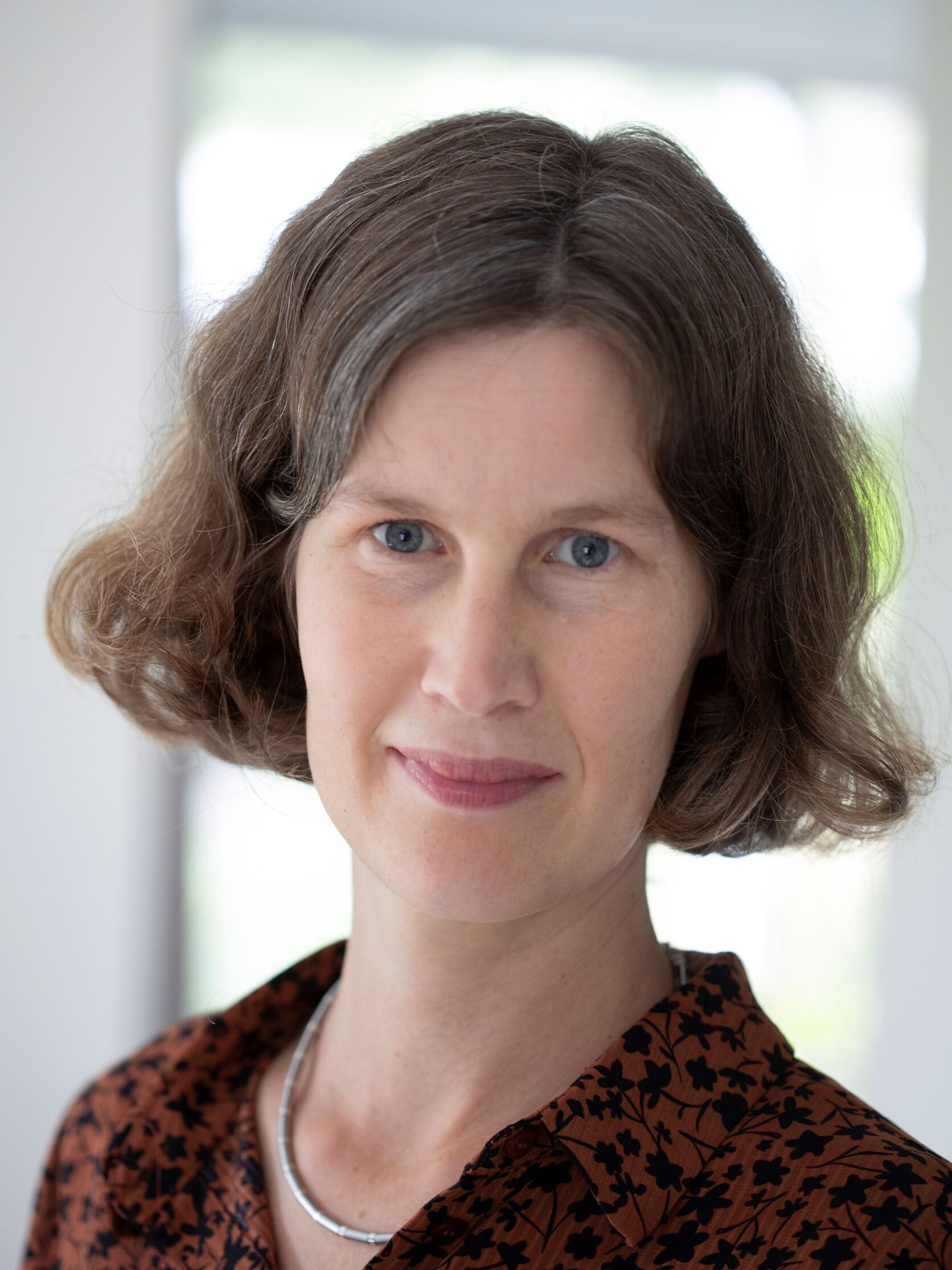Meet the shortlist: Liesbeth K J Baartman

Meet the shortlist: Liesbeth K J Baartman
I earned my master’s in psychology and my PhD in education from Utrecht University. I worked as a university lecturer at Utrecht University and the teacher education institute of Eindhoven Technical University before moving to the Utrecht University of Applied Sciences.
My work involves teaching on a master’s programme for assessment specialists in diverse school settings. With my colleagues in the Teaching and Learning Network, I direct professionalisation activities for (new) higher education teachers. I supervise masters and PhD students and conduct practice-based research on assessment in vocational/professional education.
I love to work together with teachers from higher education institutions and vocational schools. The network described in the essay is one of those examples. If a network can really address the urgent questions in practice, something really sparks.
Meet the shortlist: Kathleen M Quinlan

Meet the shortlist: Kathleen M Quinlan
Assessment and Feedback in Higher Education Reimagined: Using Programmatic Assessment to Transform Higher Education
I earned my bachelor’s in psychology from the University of Maine, USA and my PhD in education at Stanford University (USA). I have led educational development programmes at leading universities in Australia, the US, and the UK.
Since 2016, I have directed the Centre for the Study of Higher Education at the University of Kent, which means I oversee educational development across the university and am the Research Director for education research at the University. I teach on our Postgraduate Certificate in Higher Education, supervise masters and PhD students, and conduct research on teaching, learning, assessment, and student engagement in higher education.
I love contributing to the enhancement of learning in higher education in all that I do – across my leadership, administration, teaching, mentoring, and research functions.
Kathleen: I completed a major review of the literature on the impacts of assessment and feedback practices for Advance HE last year with Dr Edd Pitt. As we presented our recommendations and worked with academics to put those in place, we found that the implementation of many of them was stymied by the modularisation of most curricula. We found very little in the Anglophone literature that addressed the issues across programmes. And then I met Professor Liesbeth Baartman, who has been working with colleagues in the Netherlands on programmatic assessment! I was so impressed with her expertise and knew that the UK could learn a lot from the Dutch experience. When I saw the call for entries for the Nicholl’s Essay Prize, it seemed the perfect opening to introduce programmatic assessment to the UK. I’m delighted she agreed to collaborate on the essay.
Liesbeth: I was looking to expand my international network and had just begun publishing about programmatic assessment (outside the medical domain) in English when I met Kathleen in summer 2022. We had already started planning how we could disseminate lessons we have learned in the Netherlands about programmatic assessment to other countries when I met Professor Kathleen Quinlan. She suggested we co-author an essay for the Nicholl’s Essay Prize to reach the UK audience. It was the perfect opportunity!
We were introducing an idea that is built on fundamentally different assumptions about assessment and feedback than the current UK paradigm. We needed to convey how programmatic assessment is different yet make it understandable and compelling in a short essay. So, we had to bridge Liesbeth’s deep understanding of programmatic assessment in the Netherlands with Kathleen’s understanding of the UK context to create an essay that would speak to the readership at an appropriate level, with the appropriate terminology, addressing likely misconceptions they would have.
If we keep doing assessment and feedback in the same way, we’ll keep having the same disappointing results. Programmatic assessment provides a different way of assessing student learning that engages students with feedback and helps them integrate and communicate their learning across a whole programme. It could transform assessment and feedback practices, enhancing learning in HE across the sector.
